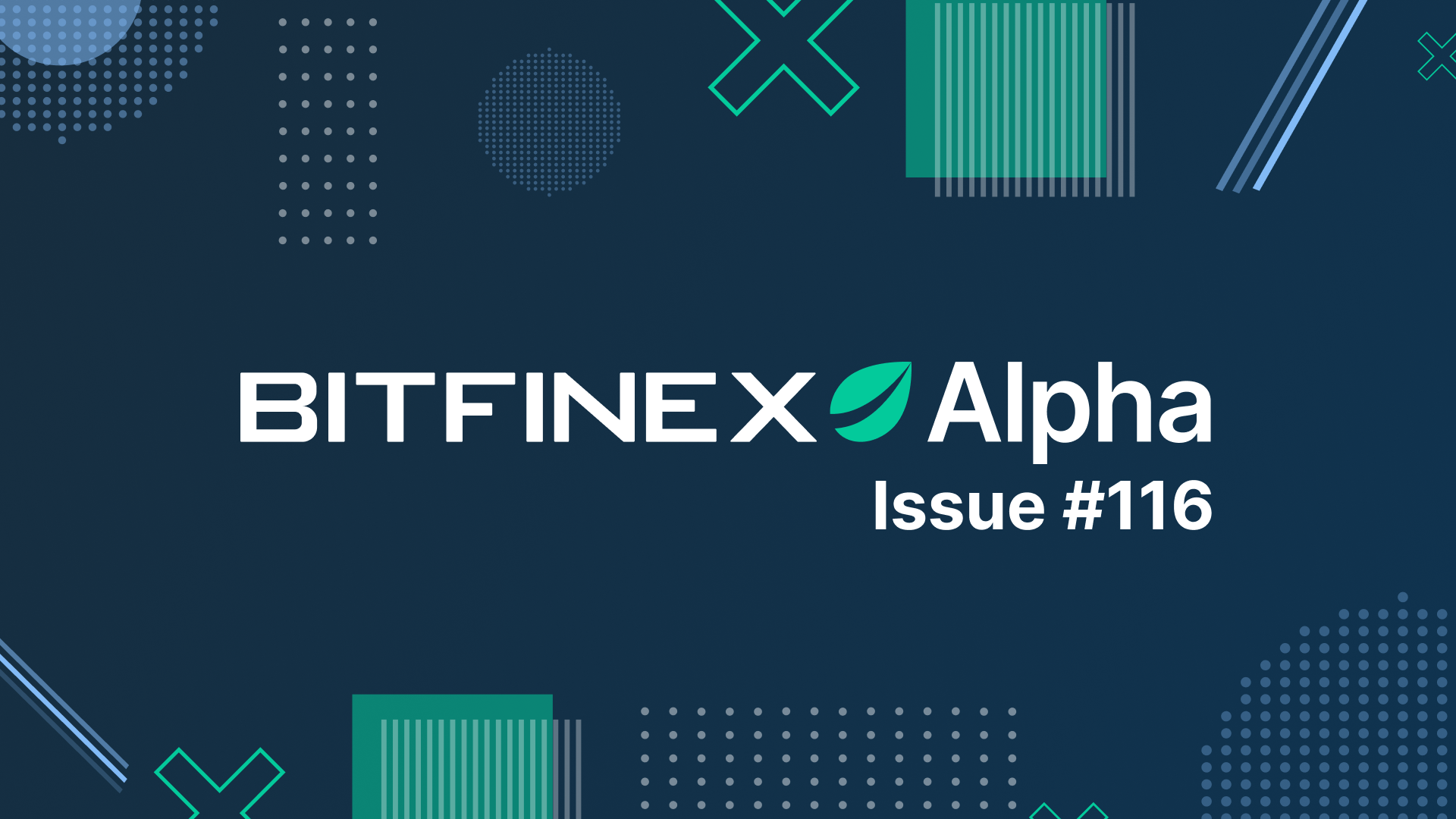
05 Aug Bitfinex Alpha | Bitcoin Faces the Heat of Economic Meltdown
Bitcoin (BTC) experienced a significant price decline, dropping 11 percent over the past week and hitting a low of $49,130. This marks the lowest price since February 14th. The downward momentum accelerated on August 2nd with a 6.01 percent daily decline, the largest since April 2nd, leading to a total 14.52 percent peak-to-trough drop. Altcoins, particularly SOL, saw even larger declines.
BTC failed to hold key support at $65,580, suggesting the potential for further declines. Liquidations totalled $1.16 billion in the last 24 hours, primarily affecting long positions. The price is expected to have a small move upwards towards the $55,000 region despite bearish market sentiment and significant declines in Japanese and US stock markets. However, the general market trajectory will depend on macroeconomic factors
The broader market instability, influenced by economic and political developments, is impacting cryptocurrencies and traditional financial markets. The recent turmoil in the Japanese stock market and losses on Wall Street highlight the interconnectedness of global markets. BTC’s correlation with traditional financial markets is increasing, suggesting continued downward pressure if stock market declines persist.
Meanwhile, the US labour market showed clear signs of slowing down, as the unemployment rate rose to 4.3 percent, up from a record low of 3.4 percent in April 2023. This increase marks the highest unemployment rate since October 2021. Job growth decelerated notably, with only 114,000 new positions added during the month. Despite these signs of a cooling market, the June job openings report indicated a modest decline, with the previous month’s data revisions suggesting a steady yet not alarming slowdown.
Amid these labour market concerns, the Federal Open Market Committee (FOMC) opted to keep the federal funds rate steady within the range of 5.25 to 5.5 percent on July 31st, hinting at a potential shift towards easing its restrictive monetary stance. Adding a positive note to the economic narrative, the second quarter saw a surge in labour productivity, underscoring continued economic strength and resilience despite the challenges in the labour market.
In the latest news from the crypto-sphere, Genesis Global has completed its restructuring and begun repaying around $4 billion in digital assets and US dollars to creditors following its January 2023 bankruptcy. Bitcoin creditors will recover 51.28 percent, Ethereum creditors 65.87 percent, and Solana creditors 29.58 percent, while those owed stablecoins or US dollars will receive full repayment.
Meanwhile, MicroStrategy expanded its Bitcoin holdings by acquiring 12,222 bitcoins for $805.2 million in Q2 and introduced a new KPI called BTC yield to assess its Bitcoin strategy’s performance. Despite positive growth in software subscriptions and global Bitcoin adoption, MicroStrategy reported a significant quarterly loss, missing revenue and earnings expectations.
In contrast, Tether reported a record net profit of $5.2 billion for the first half of 2024, with a net operating profit of $1.3 billion in Q2, driven by yield-bearing investments and reserves. As of June 30, 2024, Tether’s reserves for tokens in circulation totalled $118.4 billion, with liabilities at $113.1 billion, resulting in a $5.3 billion surplus.



